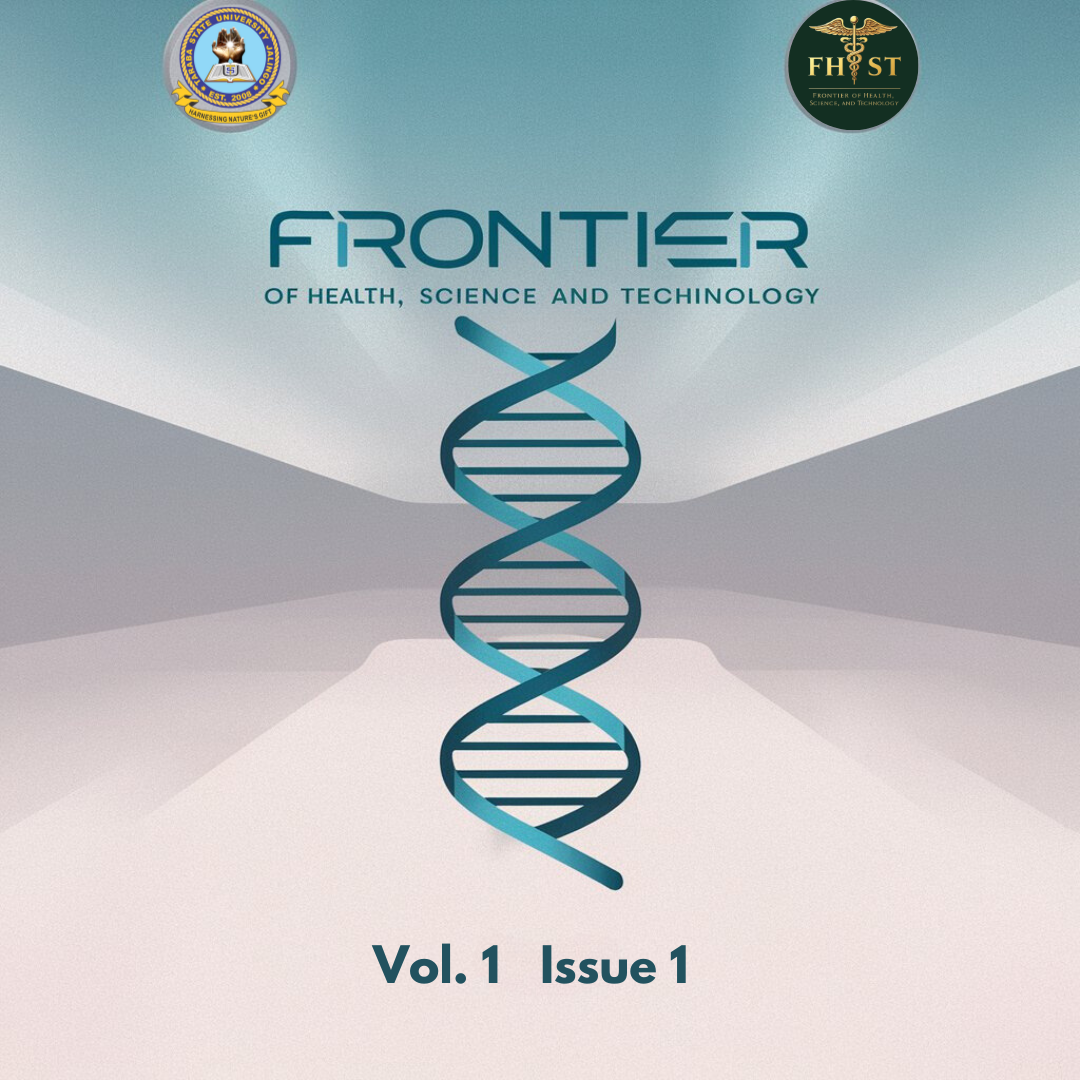KNOWLEDGE AND ADHERENCE TO ANTIMALARIAL DRUGS REGIMEN AMONG INDIVIDUALS IN JALINGO LGA, TARABA STATE
Keywords:
Adherence, Antimalarial, Drugs, Knowledge, RegimenAbstract
Poor adherence to standard malaria drug regimens has resulted in the spread of antimalarial drug
resistance. Non-adherence to antimalarial is the potential for treatment failure or incomplete
recovery from malaria. This study aims to assess the Knowledge and Adherence to Antimalarial
drug regimens among individuals in Jalingo LGA, Taraba State of Nigeria. A descriptive crosssectional study design was adopted using a questionnaire to collect the data. A total of 380
respondents were enrolled in the study. A probability simple random sampling was used to
determine the sample size. SPSS was used for data analysis and Chi-square statistics was used to
test the hypotheses. The result shows that majority of the respondents are male (54.7%), 18-29
years (37.9%) and SSCE holders (29.5%). Individuals with Non-formal education have the lowest
knowledge (54.2%) on Antimalarial drug regimens, male has the lowest adherence (25%) on
adherence to antimalarial compared to females (29.7%). It was also revealed that the age group of
18-29 years (38.9%) exhibited the lowest adherence. The test of hypothesis showed that there is a
significant difference in knowledge of antimalarial based on educational qualification and
adherence based on age while there is no significant difference in adherence based on gender.
Health care workers, Government, NGOs should educate individuals about the importance of
adhering to antimalarial drug regimens, including the risks of non-adherence.


